Four-eared, five-eyed serpent
Mon Phaya In Forest Monastery
Phra In transformed himself to help the villagers who were in trouble so that they could earn a living easily and then took the money to support Buddhism to create merit.
According to beliefs, if anyone worships the 4 Ears and 5 Eyes Phaya, it will be easy to make a living. Whatever he picks up or touches will flourish and turn into money or gold. This is because the 4 Ears and 5 Eyes eat coals and excrete gold. Another meaning is that bad things will disappear and turn into good things.
The four ears and five eyes represent the principles of Buddhism, the four divine states of mind and the five precepts, respectively. They are an instruction for Buddhists to uphold and practice these principles. The four ears can be compared to the four divine states of mind or the four divine states of mind. They are the principles of mind to enable one to live a noble and pure life like a Brahma. They are the practice guidelines for those who govern and for living with others. They consist of four principles of practice:
1. Kindness is love, goodwill, and the desire for others to be happy. It is a mind that spreads friendliness and thinks of doing good for all humans and animals.
2. Compassion is the thought of helping to relieve suffering, and the desire to relieve and relieve the suffering of all beings.
3. Mudita is the joy in seeing others well and happy, with a cheerful and joyful mind, always with a cheerful and joyful attitude towards all beings who live in normal happiness, rejoicing in them being well and happy, growing and growing even more.
4. Upekkha is the neutrality that will allow one to remain in the Dhamma as seen by wisdom. That is, having a mind that is straight and fair like a scale, not biased by love or hate. Considering the actions that all beings have done, whether they should receive good or bad results, appropriate to the causes they have created, ready to judge and act according to the Dhamma, including knowing how to be indifferent and calm, observing when there is no work that should be done, because he has already taken good responsibility for himself, he should take responsibility for himself or he should receive results that are appropriate to his responsibility. As for the five eyes, they can be compared to the five precepts that everyone probably already knows.
Worship with awareness. Personal beliefs. Please use your discretion.


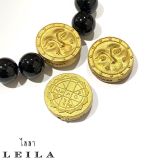



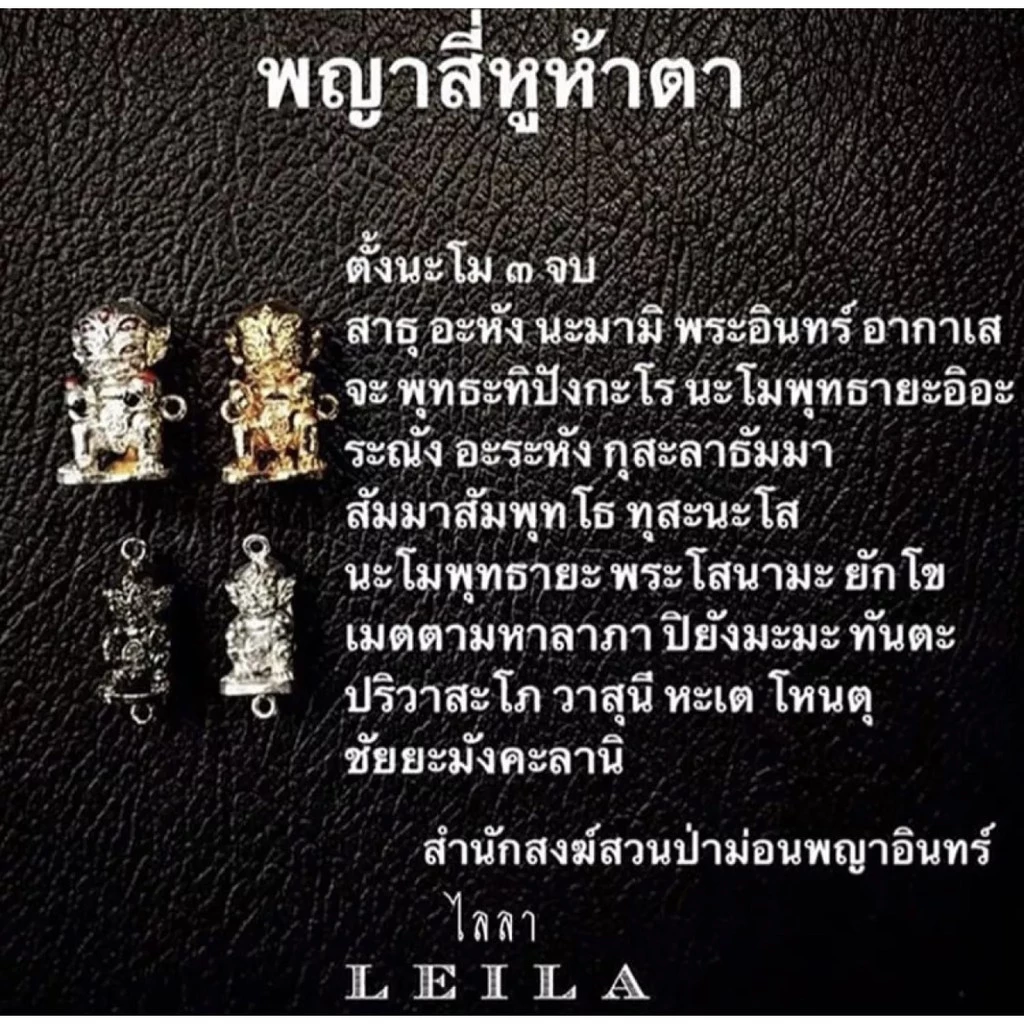




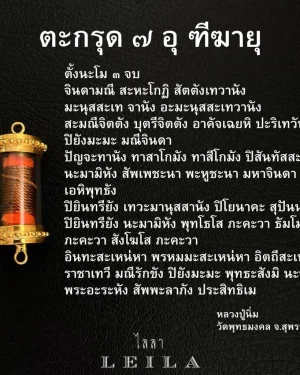





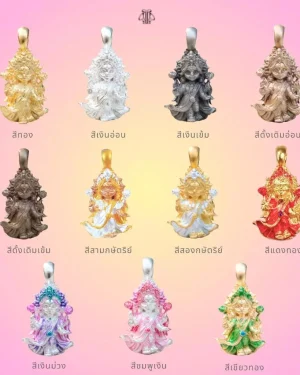
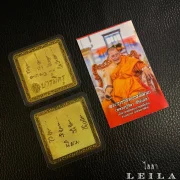

Reviews
There are no reviews yet.